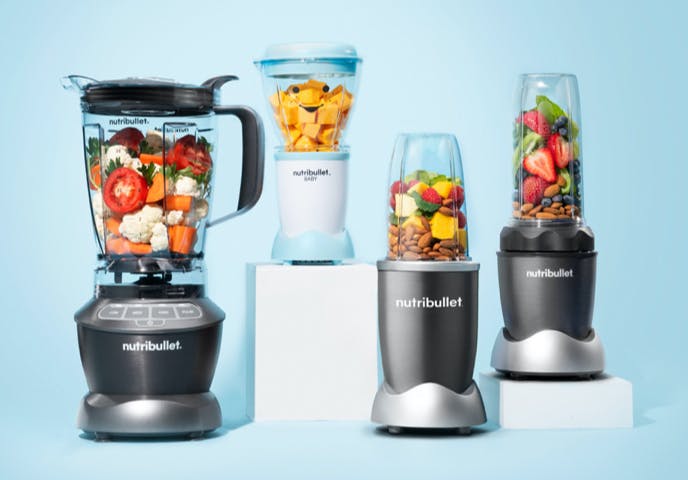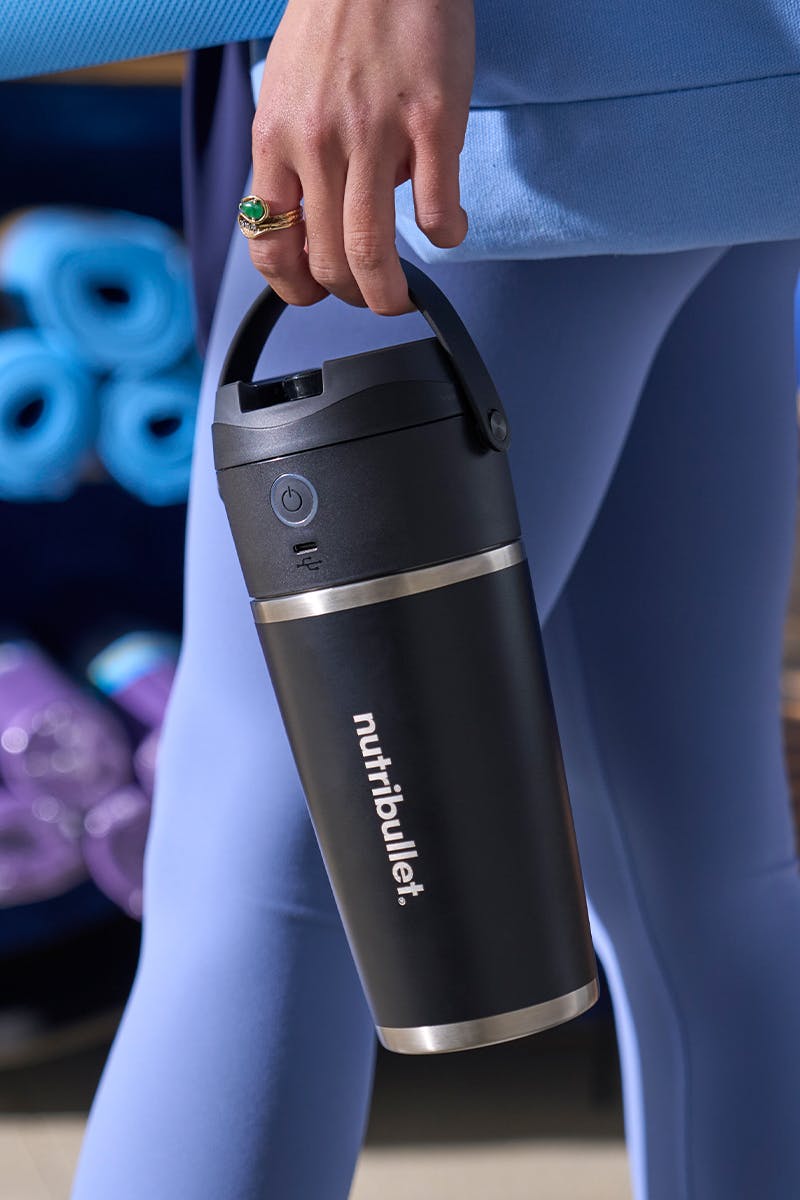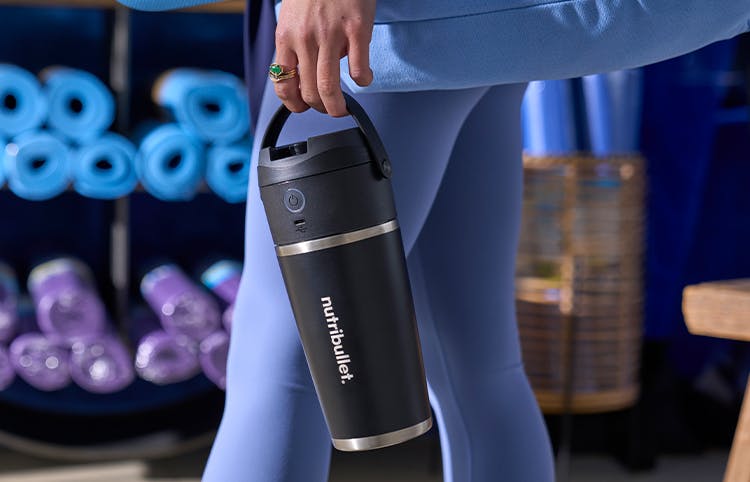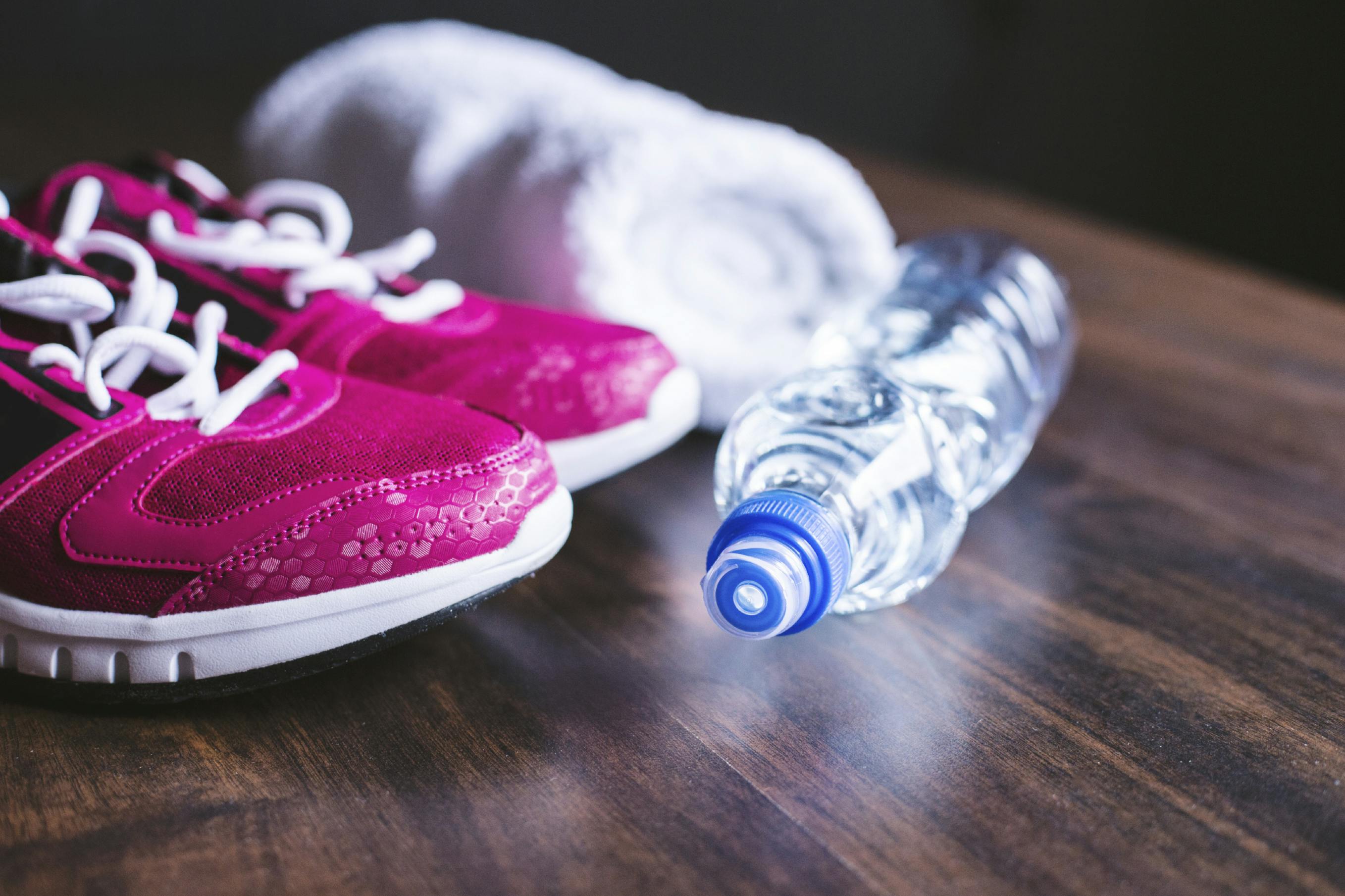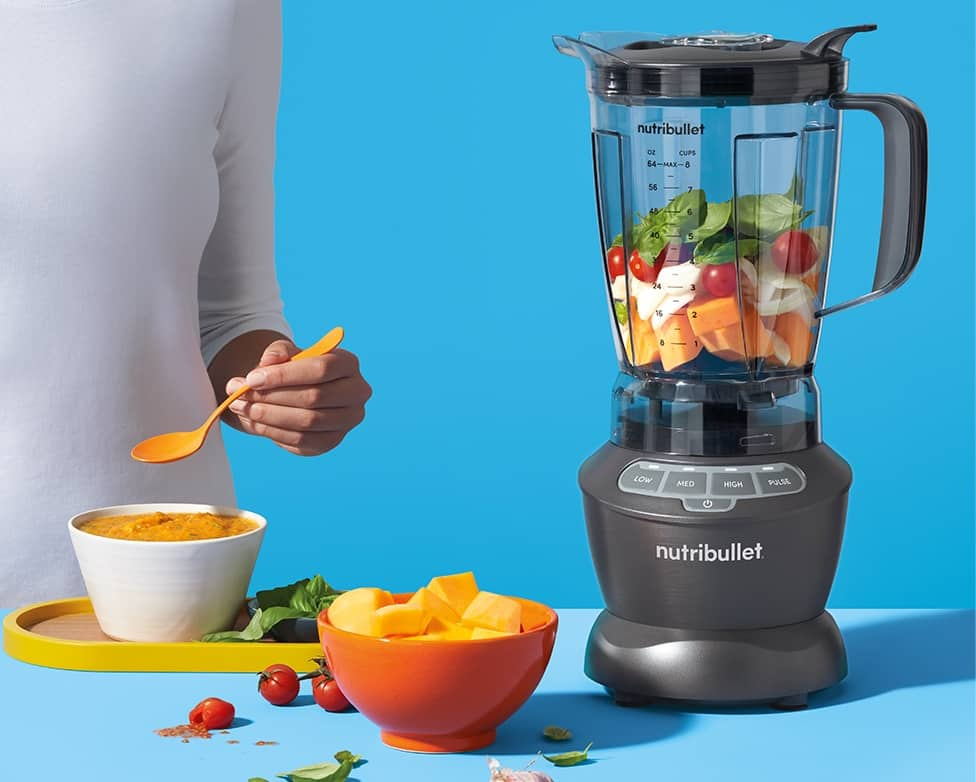Running can be one of the best exercises for your body. Not only is running an aerobic exercise, which can increase your heart health, it can actually work out your entire body, down from your legs all the way up to your arms!
Whether you’re a veteran runner or a beginner, diet plays a crucial role in how you feel when you run; proper nutrition will help you feel stronger so that you can go faster and farther. On the flip side, poor nutrition will make you feel sluggish and slow.
Processed foods that are high in salt, sugar, fats, dyes, and preservatives can hinder improvement in your running. By eating a well-rounded and balanced diet of whole, non-processed foods, all runners will be able to perform to their maximum potential!
Here are some of the most performance-optimizing nutrients runners should include in their daily diets.
Vitamin A
Runners often don’t think about how important eyesight is. Vitamin A supports healthy vision, which is helpful for avoiding pot holes in the road and reading signs on unfamiliar routes during runs. You can maintain a better pace if you can optimally see your surroundings, whether you’re out at dawn, dusk, or even at night. Foods that are rich in vitamin A include sweet potatoes, cantaloupe, kale, and other dark leafy greens.
Vitamin B12 and Iron
Vitamin B12 and iron both help carry oxygen throughout the body, which is essential for peak muscle performance. The lack of these nutrients can cause fatigue and lead to anemia. Good sources of vitamin B12 include milk and lean beef. You can also find iron in lentils and dark meat poultry.
Calcium
Bone health is crucial for runners because bones are connected to muscles, which drive our running. Calcium is known for supporting strong bones, but can also promote cardiac health by regulating the electrical system of the heart. Additionally, calcium works alongside other electrolytes, like sodium and potassium, to regulate fluid balance and prevent fatigue and dehydration after a run. Excellent sources of calcium include yogurt, milk, cheese, spinach, tofu, and chia seeds.
Vitamin C
Most people run outdoors, which exposes them to carcinogenic elements, such as car emissions and pollution that can also cause inflammation. Vitamin C, which is a powerful antioxidant, helps negate the effects of those elements. Plus, it improves immune function to ensure that you’re healthy enough to keep on running. Vitamin C also enhances the absorption of iron to prevent fatigue. The best sources of vitamin C include kiwis, strawberries, and bell peppers.
Sodium and Potassium
These electrolytes help you maintain proper fluid balance and prevent muscle cramps on long, hot runs. Eating plenty of fruits and vegetables daily is an excellent way to get your potassium. Foods highest in potassium include bananas, oranges, whole grains, and potatoes.
Sodium is found in most packaged foods, which can be problematic for runners who want to avoid processed foods. In these cases, you can opt for water with electrolyte tablets or other electrolyte replacements. Foods that are naturally rich in sodium include celery, cheese, and milk.
Zinc
Like vitamin C, zinc helps support a healthy immune system to prevent illnesses that would keep you from running. It can also aid in the metabolic breakdown of carbohydrates, which provides more available energy during a run. Sunflower seeds, grass-fed lean beef, and hummus are great sources of zinc.
By eating a balanced diet that’s packed with these nutrients, you can ensure that your body is well-nourished and ready for a good run!










